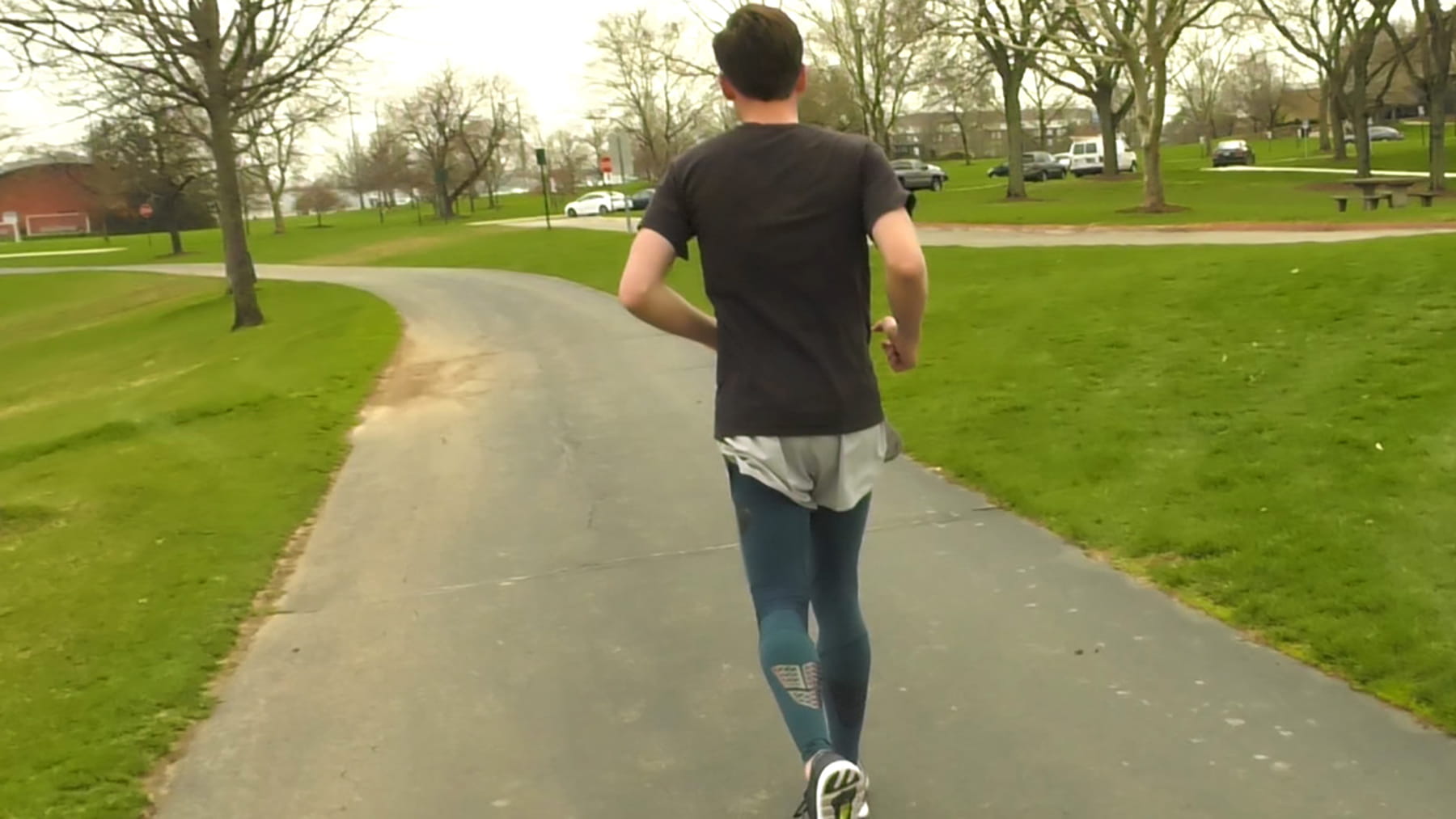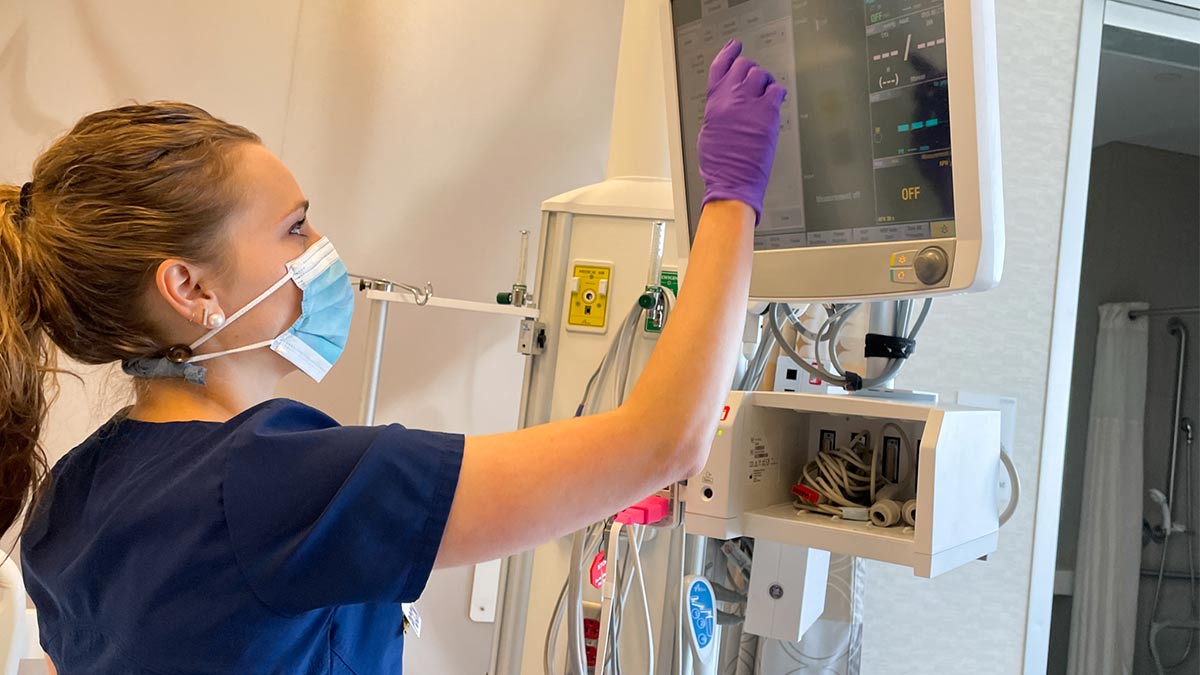Does compression apparel really improve athletic performance?

Some makers of compression clothing, such as compression tights or sleeves, advertise that the apparel provides numerous benefits to athletes, including reducing muscle fatigue. But do they really make you run better?
Researchers at The Ohio State University Wexner Medical Center decided to find out.
“The theory behind the tights is that the tights reduce (muscle) vibration, and by reducing vibration, your muscles don’t have to do as much work and you end up with less fatigue,” says Ajit Chaudhari, PhD, FACSM, who led the study and is an associate professor of physical therapy, orthopedics, mechanical engineering and biomedical engineering at the Ohio State Wexner Medical Center.
Dr. Chaudhari’s study focused primarily on that muscle vibration. Experienced runners – those who could run a 10K without much extra preparation – ran on treadmills in 30-minute intervals at 80 percent of their maximum running capability while their muscle vibrations were measured. The data was collected on two different days – one day while wearing compression tights and another while wearing regular running shorts.
Researchers placed reflective markers on the runners and used motion-capture technology to track the runners’ movement. Heart-rate monitors measured their maximum speed capability.
In addition to motion-capture and floor sensors, a specialized treadmill controlled the runner's speed and measured the forces under their feet as they ran. Researchers also gave runners basic strength and jumping tests to further measure the tights’ effects on fatigue.
The verdict: Compression apparel didn’t reduce runners’ muscle fatigue, it didn’t help them jump higher, and there wasn’t much aerodynamic effect that would benefit long-distance runners.
But Dr. Chaudhari says there are still reasons you might want to wear compression tights.
For many runners, compression tights not only provide the important aspect of comfort, but they also simply feel faster – and that matters.
Matt Ithurburn, PT, OCS, a graduate research associate with The Ohio State University School of Health and Rehabilitation Sciences, participated in the study as a runner. He notes that the feeling of muscle support can make compression tights a helpful mental tool when running long distances, especially as runners reach the ends of their races.
“As your mileage builds up or toward the end of races,” he says, “I think that it is probably equal parts mental and physical. Your perception of how you are running and how your body feels is a really key part.”
Dr. Chaudhari says that while the tights didn’t make a difference in the specific measures they studied, there is no reason not to keep wearing compression apparel.
“Every one of those perceptions matters if you're going to run 26.1 miles or some of these ultra-marathon runners running 100 miles in a day,” Dr. Chaudhari says. “Every little bit of perception counts.”




